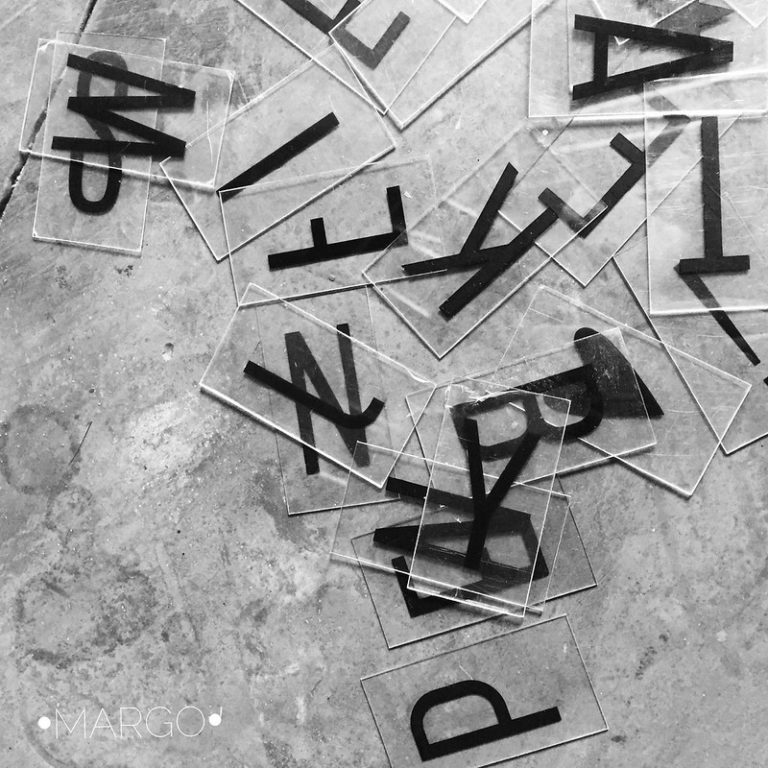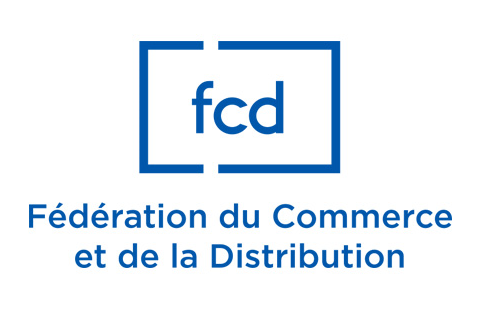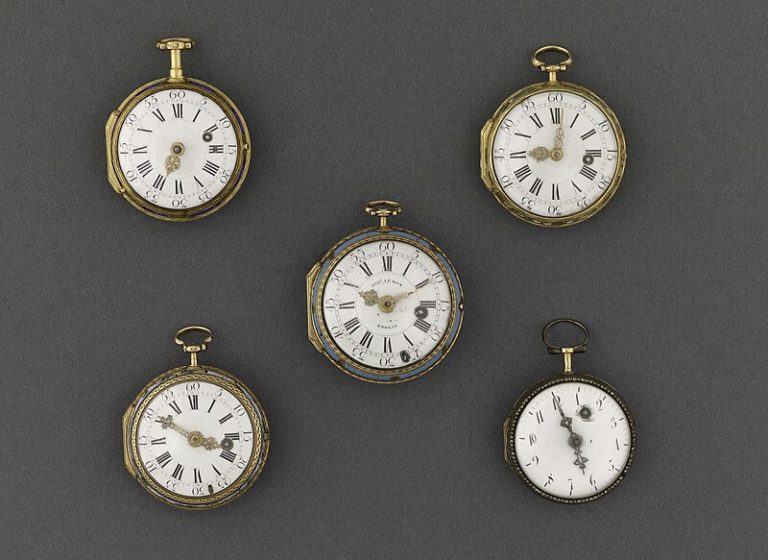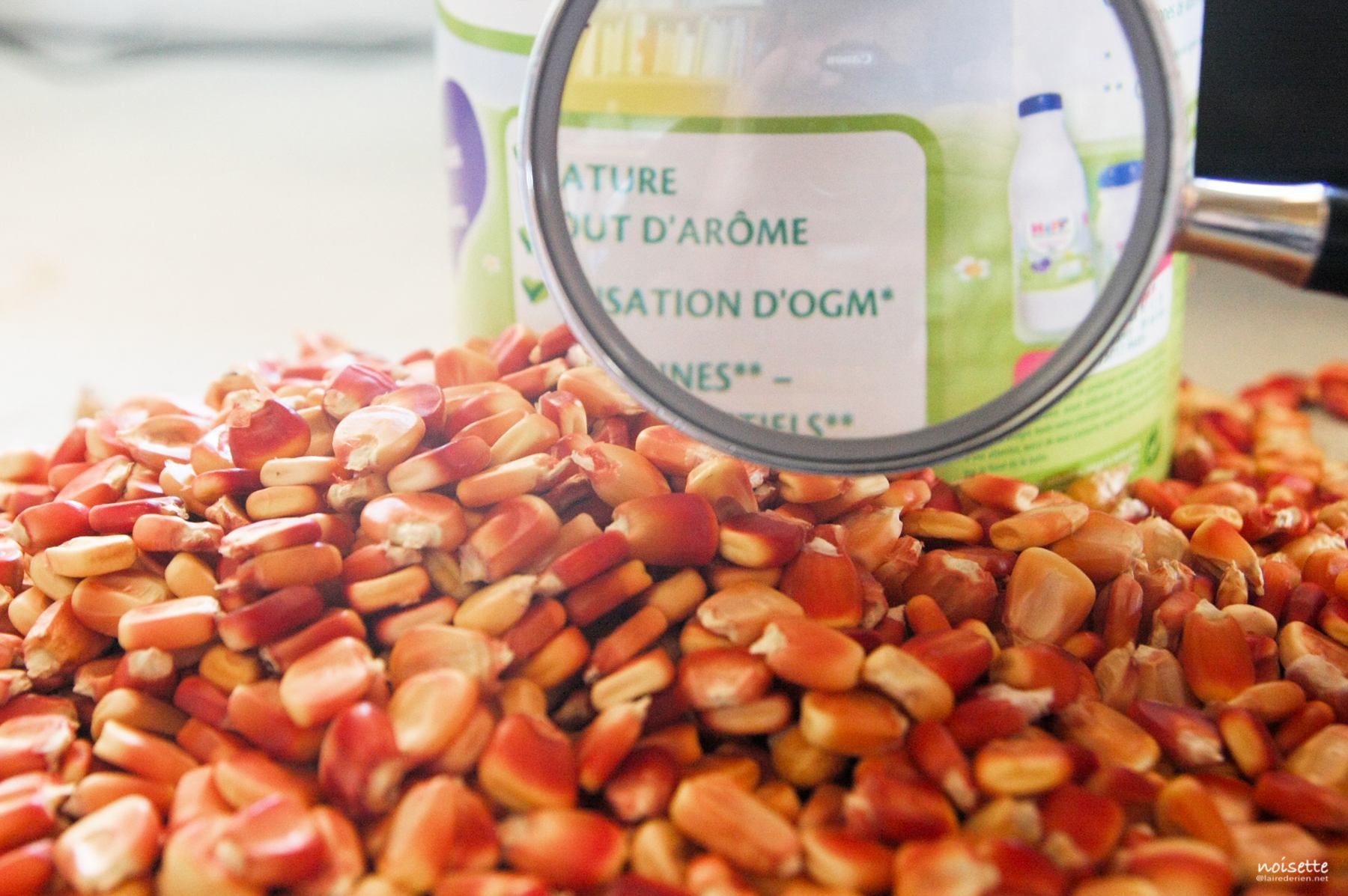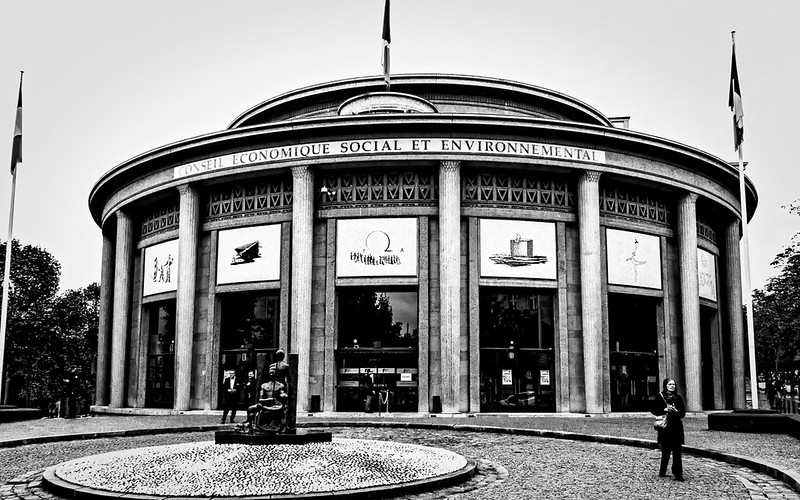News
GMOs: U-turn by the man in charge of the “Green deal”?
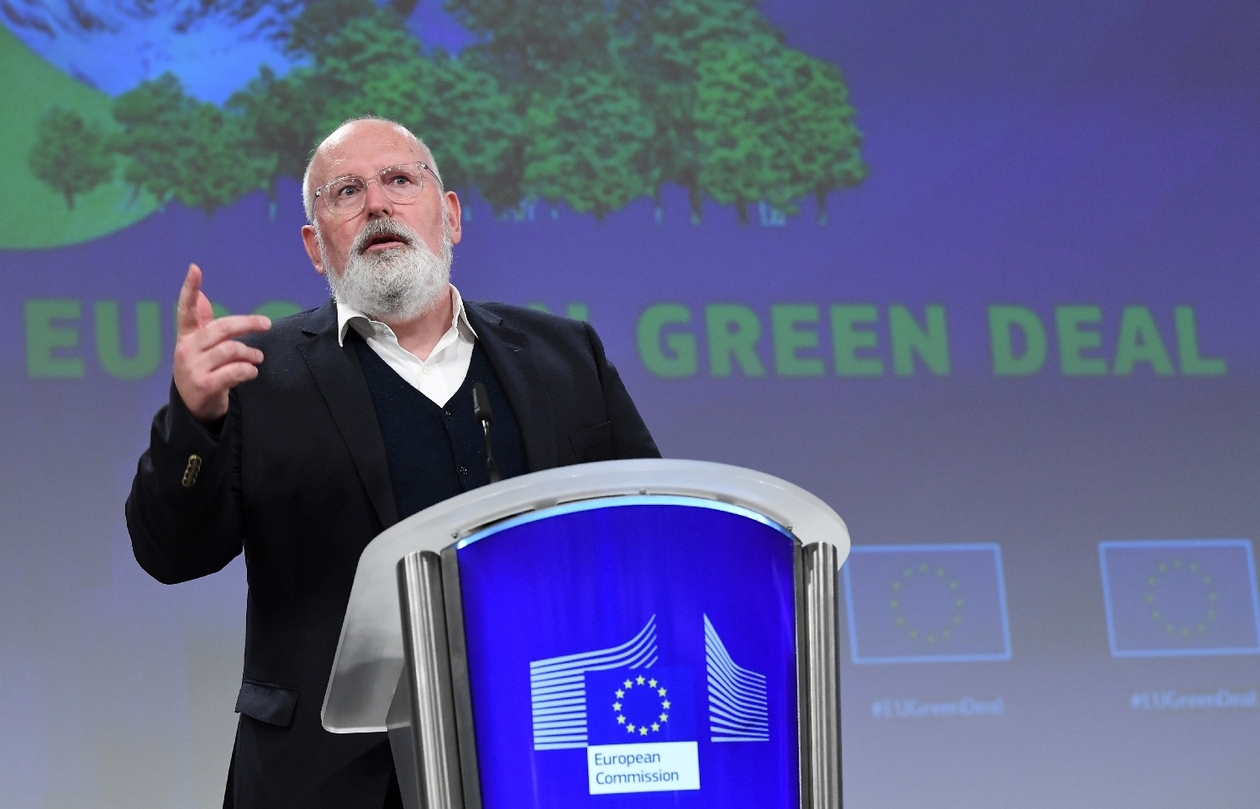
On 22 August, Frans Timmermans stepped down as a member of the European Commission to stand in the Dutch parliamentary elections to be held in the autumn of this year. A former executive vice-president of the European Commission, Timmermans was the architect of the European Green Deal, a package of legislative proposals that includes the deregulation of GMOs. For the Dutch elections, the former Commissioner is leading a left-wing coalition made up of the Labour Party (PvdA) and the Green Left (Groen links). These two parties do not approve of the proposal to deregulate GMOs put forward by the former European Commissioner…
In 2019, after his unsuccessful bid for the presidency of the European Commission, Frans Timmermans was awarded the climate portfolio. As Executive Vice-President of the Commission, he became the driving force behind the European Green Deal. The European Green Deal is a package including a variety of legislative proposals, notably the legislative proposal on GMOs obtained by new genetic modification techniques. Even before the publication of this legislative proposal, Frans Timmermans stated in November 2021 that “(p)reliminary work has already revealed that plants obtained from new genomic techniques have the potential to contribute to the objectives of a more resilient and sustainable agri-food production” [1]. He cited, without providing the slightest demonstration, examples such as the increased resistance of plants to pests, diseases and environmental conditions, or to the effects of climate change such as droughts. “This is very promising”, he said, adding that we must not cut any corners on safety. However, this last concern is largely forgotten in the proposal published by the European Commission on 5 July. In fact, for most GMOs produced using new techniques, the current GMO regulations would entirely be set aside, meaning the prior assessment of health and environmental risks, labelling, traceability and post-market monitoring would no longer apply [2].
A left-wing coalition warns of the effects of deregulation
On 22 August this year, Frans Timmermans left his post as a member of the European Commission prematurely to return to the national political scene and run for the post of Prime Minister of the Netherlands. For the elections to be held on 22 November, he is the leader of a coalition formed between his former party, the Labour Party (PvdA), and the Green Left Party (Groen links). However, these parties have a less favourable position on the subject of GMOs obtained by new techniques.
Ahead of the informal meeting of Member States’ agriculture ministers in Cordoba (Spain) on 5 September, MPs from the Labour and Green Left parties called on their agriculture minister to follow the Austrian and German positions on GMOs obtained by new techniques [3]. The MPs warned against the risks of largely relaxing the rules applicable to these GMOs. In their view, this could lead to “major risks for humans and nature, to monopoly positions of a few large companies with patents on living organisms or genetic material, to a reduction in species and varieties, to an increased use of chemical pesticides, etc.” [4]. These are all mistakes that have been made in the past with GMOs and which, MPs believe, must be avoided. MPs also stress the need to respect the precautionary principle. This principle is the cornerstone of current European GMO regulations, but it is not mentioned once in the European Commission’s proposal.
Furthermore, while the text that Frans Timmermans has defended on behalf of the European Commission exempts most GMOs from compulsory labelling, the MPs from the parties forming the coalition that Frans Timmermans will lead argue that “consumers should also always have the choice to not consume products from GMOs and NGTs [new genomic techniques]. A very strict labelling requirement is therefore very important”. This position is also taken up in the coalition’s election programme [5].
Finally, MPs also believe that it is necessary to “prevent companies from obtaining (more) patent rights on genetic material and living organisms. This undermines plant breeders’ rights, creates monopolies and reduces freedom of choice for farmers, gardeners and consumers”. This issue is clearly not a priority for the European Commission. Its proposal to deregulate GMOs does not address the issue of intellectual property. Above all, the Commission plans to only publish a report in 2026 on the effects of plant patenting on innovation in plant breeding, on breeders’ access to genetic material and techniques, on the availability of seeds to farmers, and on the overall competitiveness of the European biotechnology industry…
Political battle for the “green honour”?
There is often a difference between what a politician says on a national and a european level. In Frans Timmermans’ case, other contextual elements need to be taken into account. His resignation from the European Commission comes at a time when, in the run-up to the European elections in June 2024, the right-wing groups in the European Parliament, led by the European People’s Party (EPP), have opposed two other key texts of the Green Deal: the one on Nature restoration and the one on the sustainable use of pesticides [6]. The EPP is also the party of the President of the European Commission, Ursula von der Leyen. However, according to the Dutch newspaper NRC Handelsblad, Timmermans’ disappointment over the failed presidency of the European Commission “mortgaged his relationship with the woman who did get his coveted job: the German Ursula von der Leyen. Things would never become cordial between the two, not least because the question of who would get the green honour remained an ongoing battle” [7]. Timmermans warned MEPs that the Green Deal is not an “à la carte menu” and that the various legislative proposals are a package. So, while von der Leyen seems to be scaling back her ecological ambitions [8], Timmermans can pride himself on having been consistent…
[1] Frans Timmermans at the « High level event on “New genomic techniques – the way forward for safe and sustainable innovation in the agri-food sector” », organized by the European Commission on November 29 2021.
[2] , « The European Commission wants to put an end to GMOs », Inf’OGM, 24 July 2023.
[3] The Austrian government has said it is opposed to the European Commission’s proposal. The German coalition government has reservations.
[4] Tweede Kamer der Staten-Generaal, “Landbouw- en visserijraad, Verslag van een schriftelijk overleg”, 4 September 2023.
[5] « Samen voor een hoopvolle toekomst », Concept-verkiezingsprogramma 2023, GroenLinks PvdA.
[6] The first was narrowly adopted, at the cost of a considerable weakening, in mid-July 2023. As for the second, neither the Council nor the European Parliament has made any significant progress. According to Politico, it is possible that the Parliament will not be able to adopt its position before the elections scheduled for June 2024.
Bartosz Brzeziński , « Diluted not dead: Europe waters down its pesticide reduction act », Politico, 13 August 2023.
[7] Petra de Koning et Clara van de Wiel, « Zijn ego kan Frans Timmermans soms in de weg zitten », NRC Handelsblad, 20 July 2023.
[8] At the end of August 2023, the candidacy of Dutch conservative Wopke Hoekstra, proposed by the Netherlands, was validated by the President of the European Commission for the post of Commissioner for Climate Action. Mr Hoekstra is a former finance minister. He has worked for Shell oil group and for McKinsey consultancy. Following the resignation of Frans Timmermans, Ursula von der Leyen has also decided to entrust the role of executive vice-president in charge of the European Green Deal to vice-president Maroš Šefčovič.






